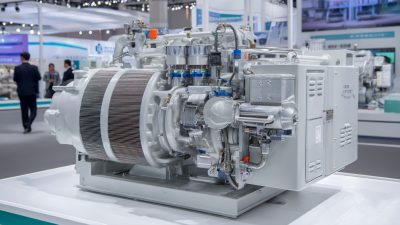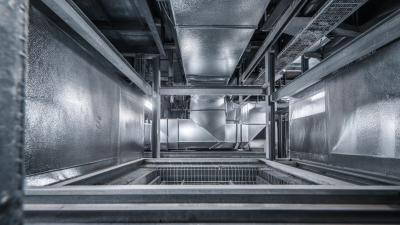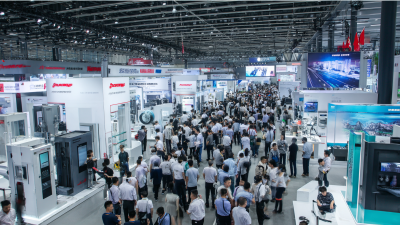Choosing the right AC filter is essential not only for maintaining the efficiency of your air conditioning system but also for enhancing the overall indoor air quality of your living space. With a variety of options available in the market, from pleated filters to HEPA filters, understanding the specific needs of your home and the air quality requirements can be overwhelming. This comprehensive guide aims to simplify the process of selecting the most suitable AC filter for your environment. By considering factors such as filter efficiency, compatibility with your AC unit, and potential allergens, you can make an informed decision that improves both your comfort and health. Dive into this guide to learn how the right AC filter can significantly impact your indoor atmosphere and help you breathe easier at home.
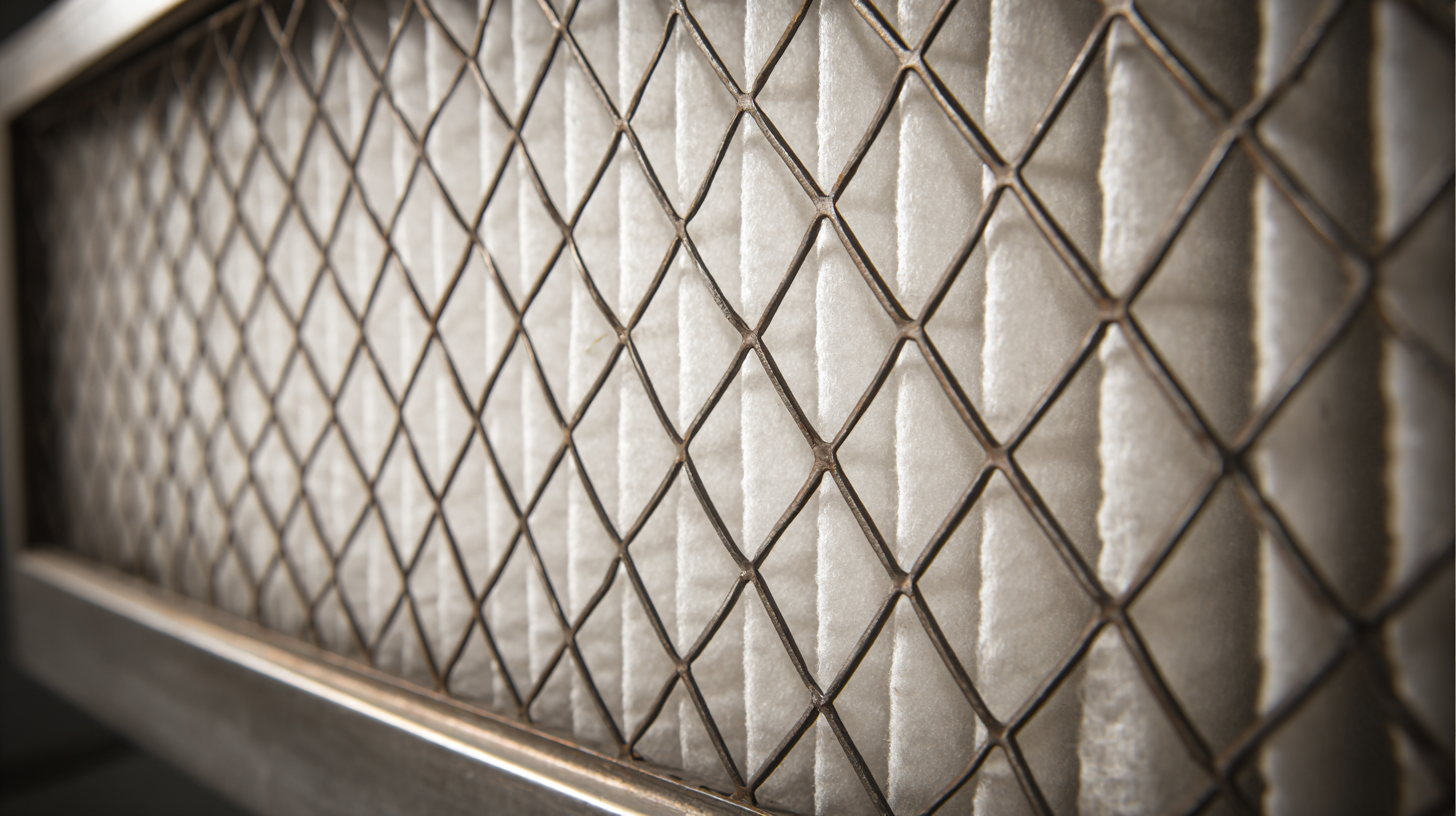
When selecting the right AC filter for your home, understanding the essential factors can significantly enhance your indoor air quality. First and foremost, filter efficiency is crucial. Filters are rated by their Minimum Efficiency Reporting Value (MERV), which typically ranges from 1 to 16. According to industry standards, filters with a MERV rating of 8 or higher can effectively capture smaller particles like dust, pollen, and pet dander, which contribute to poor air quality.
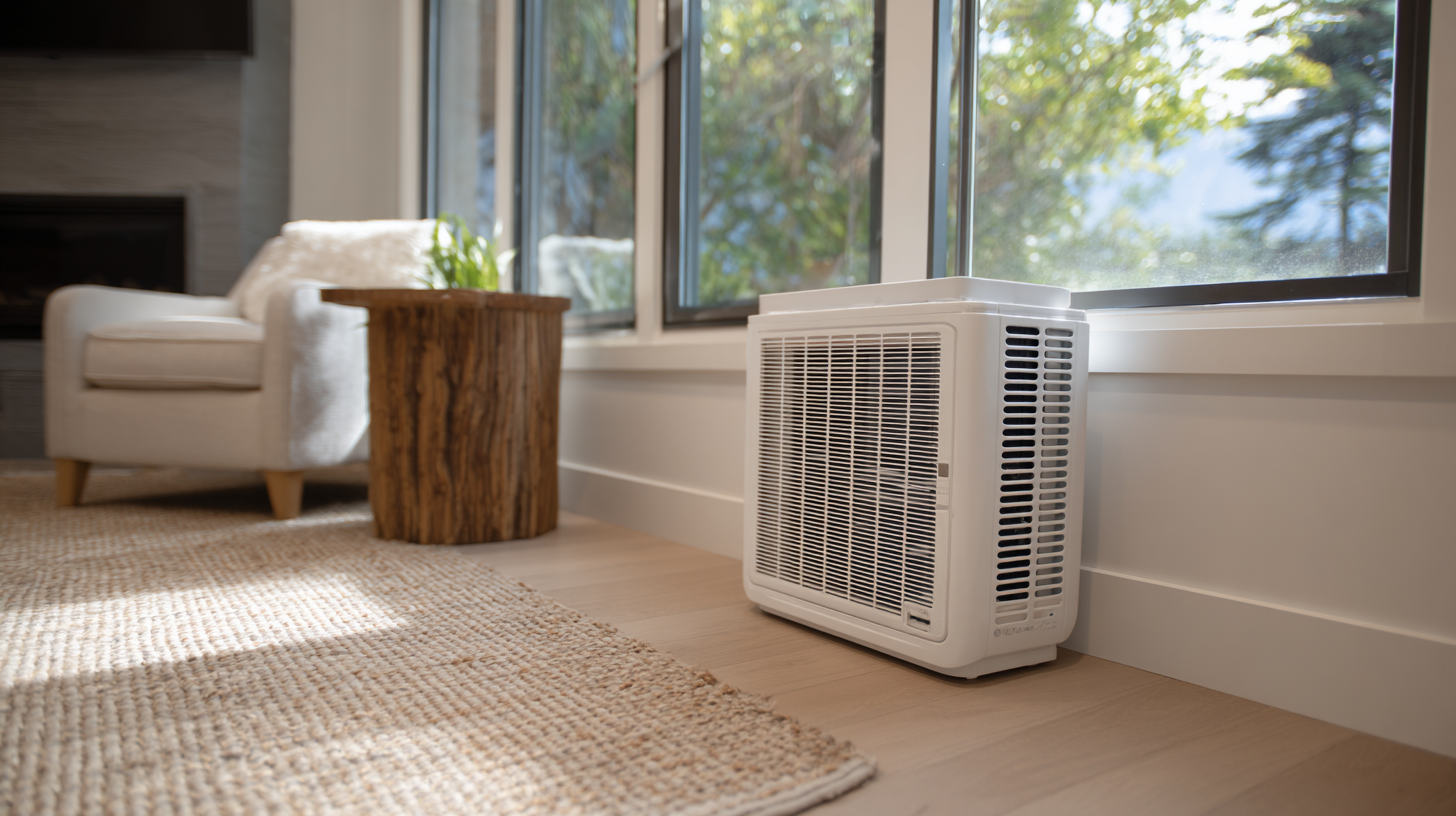 Secondly, considering the filter type can greatly impact performance. Fiberglass filters are cost-effective but capture only larger particles. In contrast, pleated filters offer better filtration by increasing the surface area. A report by the American Society of Heating, Refrigerating and Air-Conditioning Engineers (ASHRAE) indicates that pleated filters can improve airborne particle capture efficiency by up to 70%. Another critical factor is filter lifespan. Selecting a filter that requires less frequent replacement can not only save you money but also ensure consistent air quality; most high-efficiency filters last between three to six months. By carefully evaluating these factors, you can choose an AC filter that meets your home's specific needs and maintains a healthier living environment.
Secondly, considering the filter type can greatly impact performance. Fiberglass filters are cost-effective but capture only larger particles. In contrast, pleated filters offer better filtration by increasing the surface area. A report by the American Society of Heating, Refrigerating and Air-Conditioning Engineers (ASHRAE) indicates that pleated filters can improve airborne particle capture efficiency by up to 70%. Another critical factor is filter lifespan. Selecting a filter that requires less frequent replacement can not only save you money but also ensure consistent air quality; most high-efficiency filters last between three to six months. By carefully evaluating these factors, you can choose an AC filter that meets your home's specific needs and maintains a healthier living environment.
Choosing the right air conditioning (AC) filter is crucial for maintaining optimal indoor air quality. Among the various types of AC filters available, some stand out for their effectiveness in trapping pollutants and allergens. HEPA filters, for instance, are renowned for their ability to capture 99.97% of particles that are 0.3 microns in size. This makes them an excellent choice for homes with allergy sufferers or pets, as they significantly reduce dust, pollen, and pet dander in the air.
Another great option is the pleated filter, which provides a larger surface area for capturing particles compared to traditional fiberglass filters. These filters are designed to trap smaller particles more efficiently and have a longer lifespan, making them both effective and cost-efficient.
Additionally, electrostatic filters use static electricity to attract particles, offering a reusable option that can be easily washed and maintained. Ultimately, selecting the right type of AC filter not only enhances indoor air quality but also contributes to a longer lifespan for your HVAC system.
When selecting an AC filter, avoiding common mistakes can significantly enhance indoor air quality. One frequent error is underestimating the importance of the filter's MERV rating. MERV, or Minimum Efficiency Reporting Value, indicates how effectively a filter traps particles. Many consumers opt for lower-rated filters to save money, but these often fail to capture allergens like pollen and pet dander. Always consider a filter with a MERV rating that meets your specific needs, especially if you have allergies or respiratory issues.
Another common mistake is neglecting to check the size of the filter. Filters come in different dimensions, and using an incorrect size can lead to air leaks, diminished efficiency, and potential damage to the HVAC system. Always verify the dimensions required by your unit before making a purchase. Additionally, some individuals may forget to consider the filter type, such as HEPA or electrostatic filters, which can greatly impact air purification. Selecting the right type for your environment ensures optimal performance and better indoor air quality.
 Upgrading your AC filter can significantly enhance indoor air quality, offering multiple benefits that are hard to overlook. According to the Environmental Protection Agency (EPA), indoor air can be up to five times more polluted than outdoor air. By investing in a high-efficiency particulate air (HEPA) filter, you can capture at least 99.97% of airborne particles, including dust, pollen, and pet dander, helping to create a healthier living environment. This is particularly crucial for individuals with allergies or respiratory issues, as cleaner air can reduce symptoms and improve overall well-being.
Upgrading your AC filter can significantly enhance indoor air quality, offering multiple benefits that are hard to overlook. According to the Environmental Protection Agency (EPA), indoor air can be up to five times more polluted than outdoor air. By investing in a high-efficiency particulate air (HEPA) filter, you can capture at least 99.97% of airborne particles, including dust, pollen, and pet dander, helping to create a healthier living environment. This is particularly crucial for individuals with allergies or respiratory issues, as cleaner air can reduce symptoms and improve overall well-being.
Additionally, a better AC filter can lead to improved energy efficiency. The U.S. Department of Energy reports that upgrading to a higher-rated filter allows your HVAC system to work more efficiently, potentially reducing energy bills by 5-15%. Moreover, a cleaner filter means less wear and tear on your system, extending its lifespan and minimizing repair costs. With such compelling benefits, considering the right AC filter becomes an essential step in promoting not only a healthier home but also encouraging sustainability and cost-effectiveness in your energy consumption.
When it comes to maintaining optimal indoor air quality, regular AC filter replacement is crucial. Here are eight signs that it might be time to change your filter:
According to the U.S. Department of Energy, replacing a dirty filter can lower your air conditioner’s energy consumption by 5% to 15%.
Tips: Check your filter every month and replace it at least every three months, or monthly if you have pets or allergies. It’s also advisable to look for high-efficiency particulate air (HEPA) filters, which can trap 99.97% of tiny particles, significantly improving air quality.
Understanding these signs can help you proactively manage your HVAC system, leading to not just better performance, but also healthier air to breathe. Monitoring your AC filter regularly can save money in the long run and prolong the lifespan of your unit, providing a comfortable living environment while ensuring efficiency.



